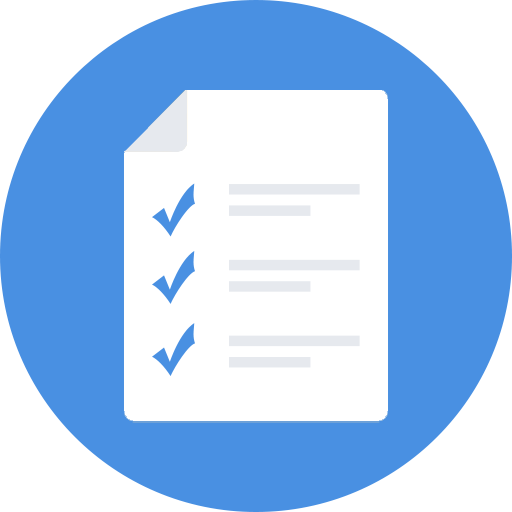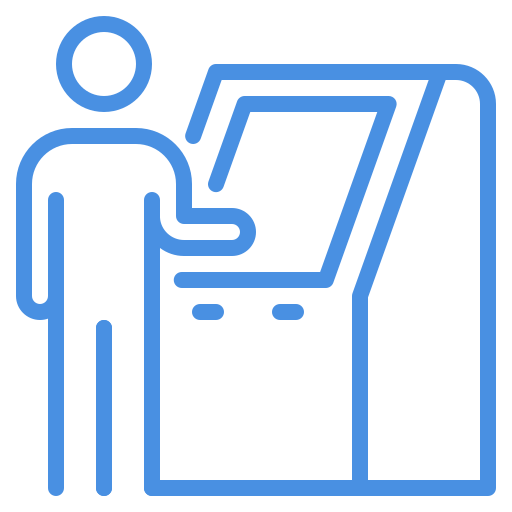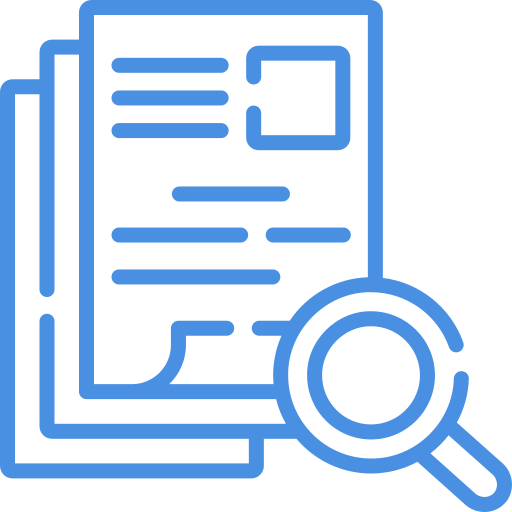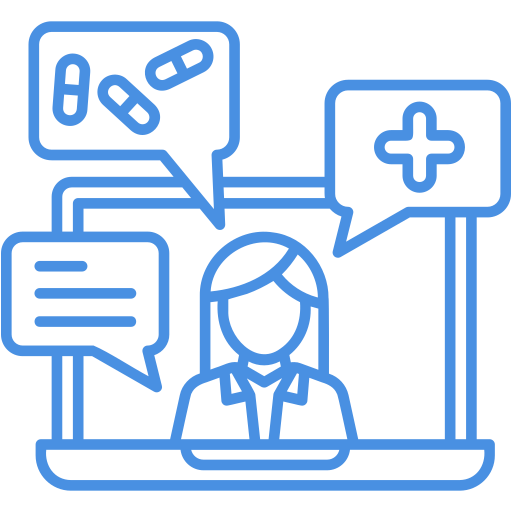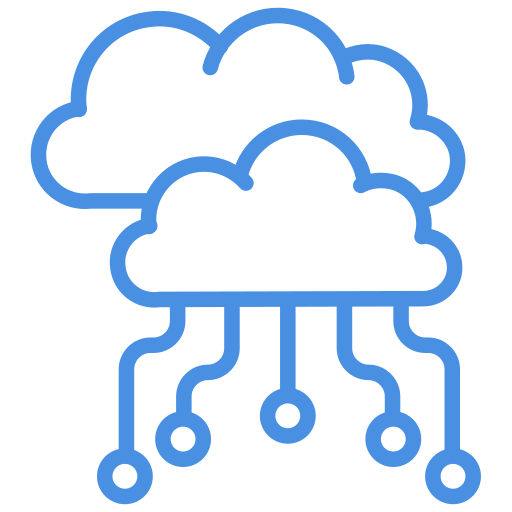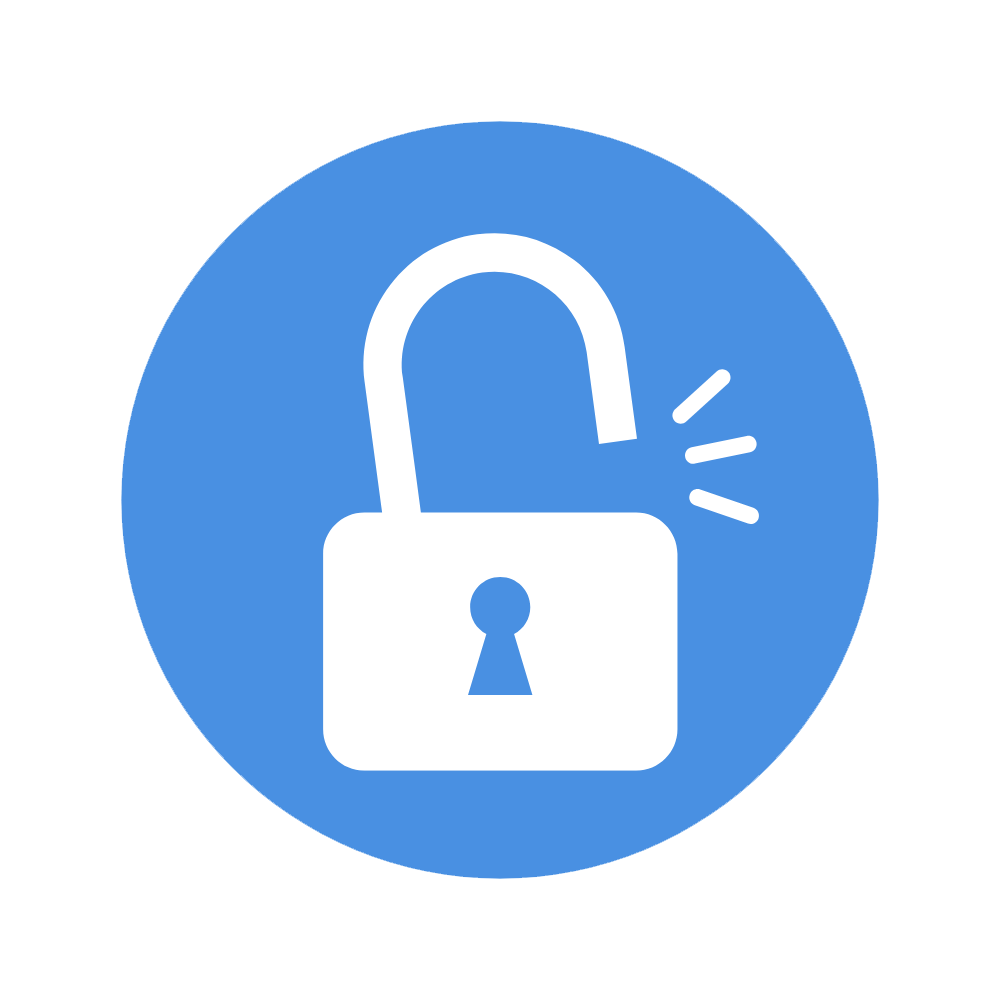If you are a healthcare professional, then you know that finding the right medical practice management software is essential to your success. There are many different options available, and it can be difficult to decide which one is right for you. In this blog post, we will discuss the key factors you should consider when selecting a medical practice management software. We will also provide tips for choosing the right software for your business. Let’s get started!
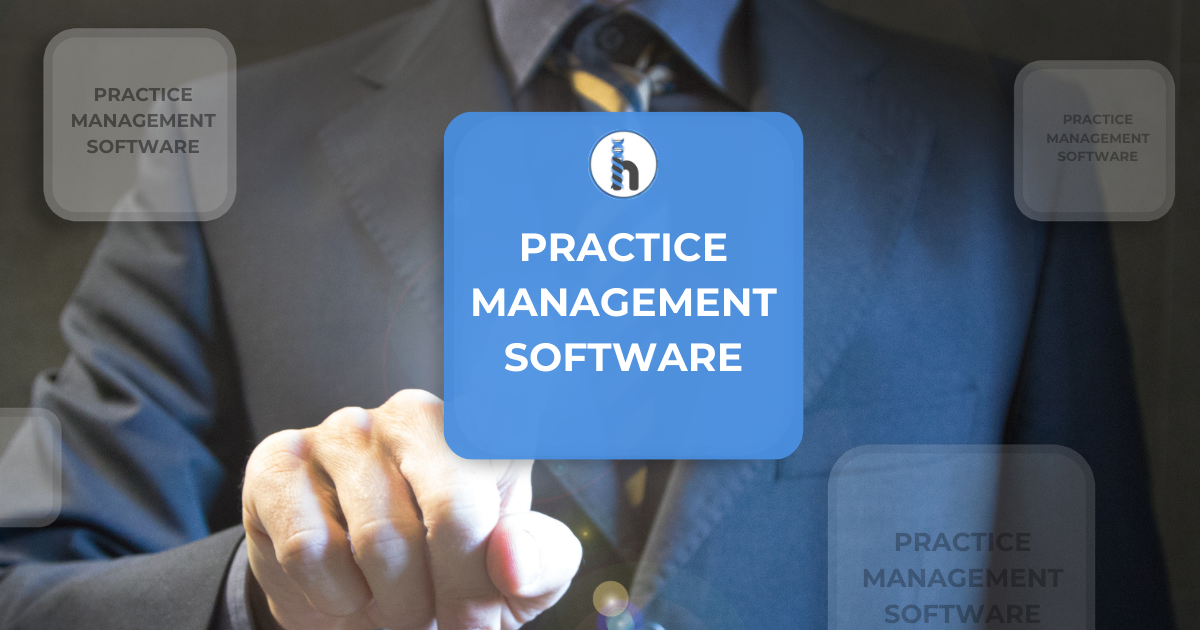
What is Practice Management in Healthcare?
Practice management in healthcare is the practice of managing healthcare medical services and administrative tasks related to the practice. This includes billing, scheduling appointments, patient records, financial reporting, and more. In order to be successful, practice managers must select medical practice management software that meets their needs and ensures efficiency.
When selecting medical practice management software, there are a few key factors that you should consider. First, the medical practice management software should be easy to use and have features that make your practice operations more efficient. Additionally, it should have features that allow for effective communication with more patients and staff members. Furthermore, it is important to ensure that the medical practice management software is secure and can accommodate data backups. Finally, you should look for medical practice management software that allows for integration with other systems, such as electronic health record EHR and practice management.
How Does a Practice Management System Work?
A medical practice management system is a computer program used to manage healthcare practice operations. The medical practice management software stores information about patients, appointments, billing, and staff members. It can also aid in insurance and billing processes, automated medical billing, document management, customized patient scheduling and improved record management. It also allows practice managers to create reports and access data quickly and easily. The medical practice management software automates many of the tasks associated with running a practice in an advanced medical facility, allowing practice managers to focus on providing high-quality patient care.
In addition to online practice management software, practice managers may also use other types of software and technology to for inventory management. For example, practice managers can use electronic health records (EHRs) to store health information and documents related to patient care. Additionally, practice managers can use telemedicine software to provide remote healthcare services to patients.
What Type of Medical Practice Management Software is Best?
The type of practice management software that is best for your practice depends on several factors. First, you should assess the needs of your practice and determine which features are most important to you. Additionally, you should consider cost and scalability when selecting practice management software. Finally, you should look for practice management software that provides security and integrates with other medical practice management systems.
By taking the time to consider all of these factors, practice managers can ensure that they select the practice management software that is best for their practice and meets their needs. With the right practice management software in place, practice managers can focus on providing quality care and improving patient outcomes.
Here are some of the best medical practice management software:
-
- Luma Health
- Splose
- WebPT
- NextGen Healthcare EHR
- Kareo, a Tebra Company
- eClinicalWorks
- Cerner
- Practice Fusion
- HelloNote
How Can Patient Scheduling Software Help Your Medical Practice Run More Efficiently?
Patient scheduling software can help practice managers run their practice more efficiently by streamlining the appointment booking process. This type of software provides practice managers with an easier way to view patient availability and book appointments or reschedule visits. Additionally, practice managers can provide automated appointment confirmations and reminder notifications to patients via text message or email. This helps practice managers to ensure that patients show up for their appointments on time.
Patient scheduling software also enables practice managers to access real-time data about patient visits and appointment scheduling trends. This allows practice managers to forecast staffing needs better and understand how their practice performs. By having an easy-to-use, comprehensive view of practice operations, practice managers can make more informed decisions and run their practice more efficiently.
What is Patient Portal Software?
Patient portal software is a secure, web-based platform that allows patients to access and manage their health care information easily. This type of practice management software provides patients with an easier way to view their medical records, refill prescriptions, pay bills, and schedule appointments. In addition, patient portal software offers practice managers a streamlined practice management system for communicating with patients. For example, practice managers can send automated messages to patients regarding appointment reminders or health updates.
Patient portal software also helps practice managers maintain HIPAA compliance by providing a secure platform for patient data storage and communication. Additionally, practice managers can use patient portal software to collect valuable patient feedback about their experience with the practice. This feedback can then be used to improve practice operations and better serve patients.
By utilizing patient portal software, practice managers can provide an improved patient experience, increase practice efficiency, and ensure HIPAA compliance. This type of practice management software is essential for modern medical practices for medical professionals that want to stay competitive in today’s healthcare landscape.
How Does Patient Appointment Scheduling Software Help Patients?
Patient appointment scheduling software helps patients by providing them with an easier way to access and manage their medical information. With this type of practice management software, patients can view upcoming appointments and schedule new ones quickly and easily. Additionally, they can receive automated reminders so that they don’t forget about an upcoming appointment.
By having an efficient practice management system in place, practice managers can ensure that their practice is running smoothly and meeting the needs of their patients. This type of software helps practice managers provide quality care and improve patient outcomes. In addition, patients benefit from more accurate appointment information, improved communication with practice staff, and a better overall experience when accessing medical care.
What Are Medical EMR Systems?
Medical EMR systems (Electronic Medical Records) are practice management software programs that provide practice managers with a comprehensive view of patient information. This type of practice management system helps practice managers store, access, and manage patient data securely. Additionally, medical EMR systems provide practice managers with an easier way to generate reports, track trends in patient visits, and monitor practice performance.
Medical EMR systems also help practice managers improve patient care by providing them with detailed patient histories, medication profiles, health alerts, and more. This type of practice management software allows practice managers to stay on top of their patients’ health conditions and keep track of treatment progress.
How Do You Determine Which Practice Management Solution is Right for Your Business?
When it comes to practice management solutions, there is no ‘one size fits all’ solution. The practice management software that works for one practice may not be the best fit for another practice. Depending on your practice’s specific needs and goals, you may need to choose a combination of practice management solutions in order to get the best results.
When deciding on practice management software, it is important to consider the type of practice you are running and the specific needs of your practice. You should also evaluate which practice management solutions will provide the most value for your practice. Additionally, look for practice management solutions that offer features that can help you increase efficiency, reduce errors, and provide a better patient experience.
By carefully evaluating practice management solutions, practice managers can choose the right software for their practice and help ensure success. With the right practice management solution in place, practice managers can improve practice operations, increase revenue, and maximize patient satisfaction.
Conclusion
Selecting practice management software or telehealth software like Hellonote is an important decision for practice managers. When selecting practice management software, it is important to consider factors such as usability, features, security, and integrations. Additionally, practice managers may want to use other types of technology and software, such as EHRs and telemedicine software. By following these tips, practice managers can find the practice management software that meets their needs and ensures efficient practice operations.
Ultimately, practice management software is essential for practice managers who want to reduce costs, improve patient experiences, and stay competitive with today’s healthcare providers. By utilizing practice management software, practice managers can ensure that their practice runs smoothly and provides quality care to their patients.

